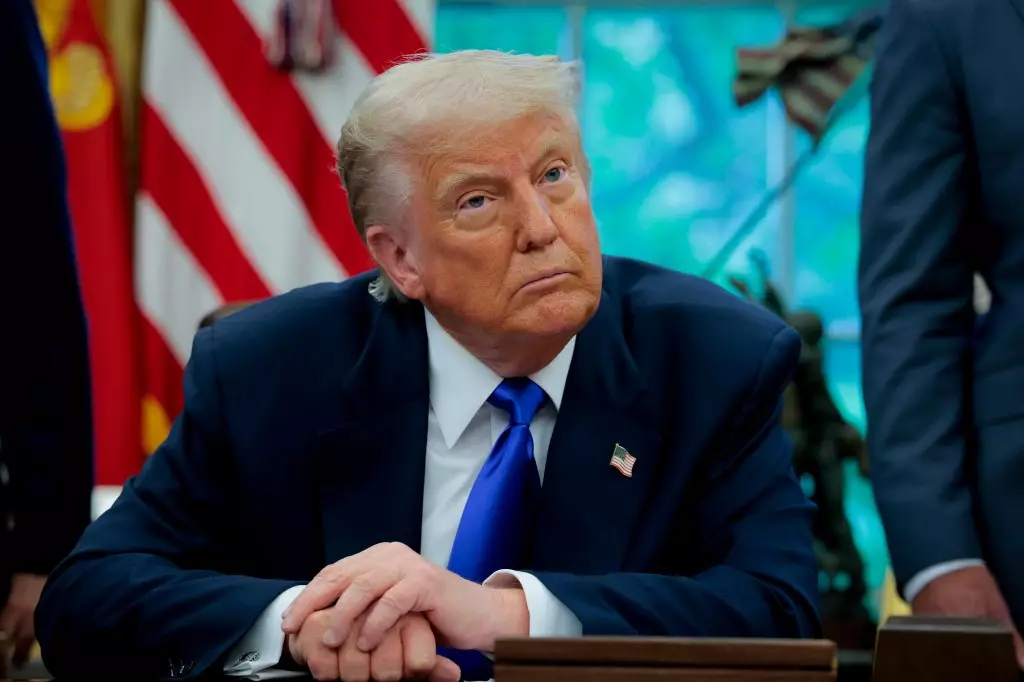In the politically charged atmosphere that surrounds the Trump administration, one might expect that serious economic discussions would take precedence. However, it is a bizarre fixation on dolls that recently captivated public attention, reminding us of the inconsistent attributions connected with gender norms. Trump’s rambling discourse about girls needing multiple dolls rather than an absurdly high number like 30 surfaced his clumsy grasp of women’s issues and the triviality with which he often treats serious subjects. His approach raises significant questions about how leaders choose to communicate and the underlying messages that reflect their understanding of societal norms.
Comic Critique: Oliver’s Parody and Provocation
John Oliver’s commentary on this peculiar topic illustrates the failure of political figures to grasp the nuances of the demographic they speak about. His dramatization of Trump’s hypothetical escalation—from 11 to 15-year-olds—paints a picture of someone out of touch rather than a relatable figure. By employing sarcasm and exaggeration, Oliver exposes the absurdity in the former president’s references. When stating, “Has he ever met a 15-year-old girl?”, Oliver sharpens his critique, emphasizing not just Trump’s insensitivity, but also his outdated perceptions. The satirical performance invites us to reflect on the importance of relatable, respectful dialogue about gender instead of reducing girls’ experiences to a mere joke or oversimplification.
The Distraction of Political Discourse
In a world where significant trade wars seem imminent—brimming with economic consequences for countless families—Trump’s fixation on girls and dolls distracts from pressing issues. Oliver prompts viewers to recognize this absurd misallocation of focus. With insightful quips, he juxtaposes Trump’s trivial discussions with the grave realities of federal policies that may loom over millions. The implications of toy-related metaphors beg the question: does this reflect a larger pattern of trivialization that characterizes much of Trump’s rhetoric? By analyzing these moments of humor, we uncover the dangerous normalization of flippant statements regarding gender and child representation in political arenas.
Exposing the Flaws within Leadership Styles
Oliver’s mockery of Trump not only serves to entertain but also sheds light on an essential analysis of the qualities we desire in leadership. Political leaders should ideally reflect the complexities and varied experiences of their constituents, yet Trump falls short, illustrating an impersonal connection to those he claims to represent. The triviality that permeates his discussions paints a portrait of a leader comfortable with perpetuating stereotypes while simultaneously ignoring the real struggles of Americans—whether they relate to economic hardships or personal dignity.
As viewers digest satirical commentary, it is crucial to acknowledge the societal implications behind seemingly innocuous statements. The seemingly ridiculous fixation on dolls evokes a pressing need for responsible leadership—one that embraces complexity and leads with empathy, rather than resorting to juvenile metaphors that ultimately undermine substantive discourse. The greater societal discourse regarding gender and childhood deserves layered discussions rather than flippant soundbites, positioning leaders and comedians alike in the collective quest for more sensible political dialogues.

